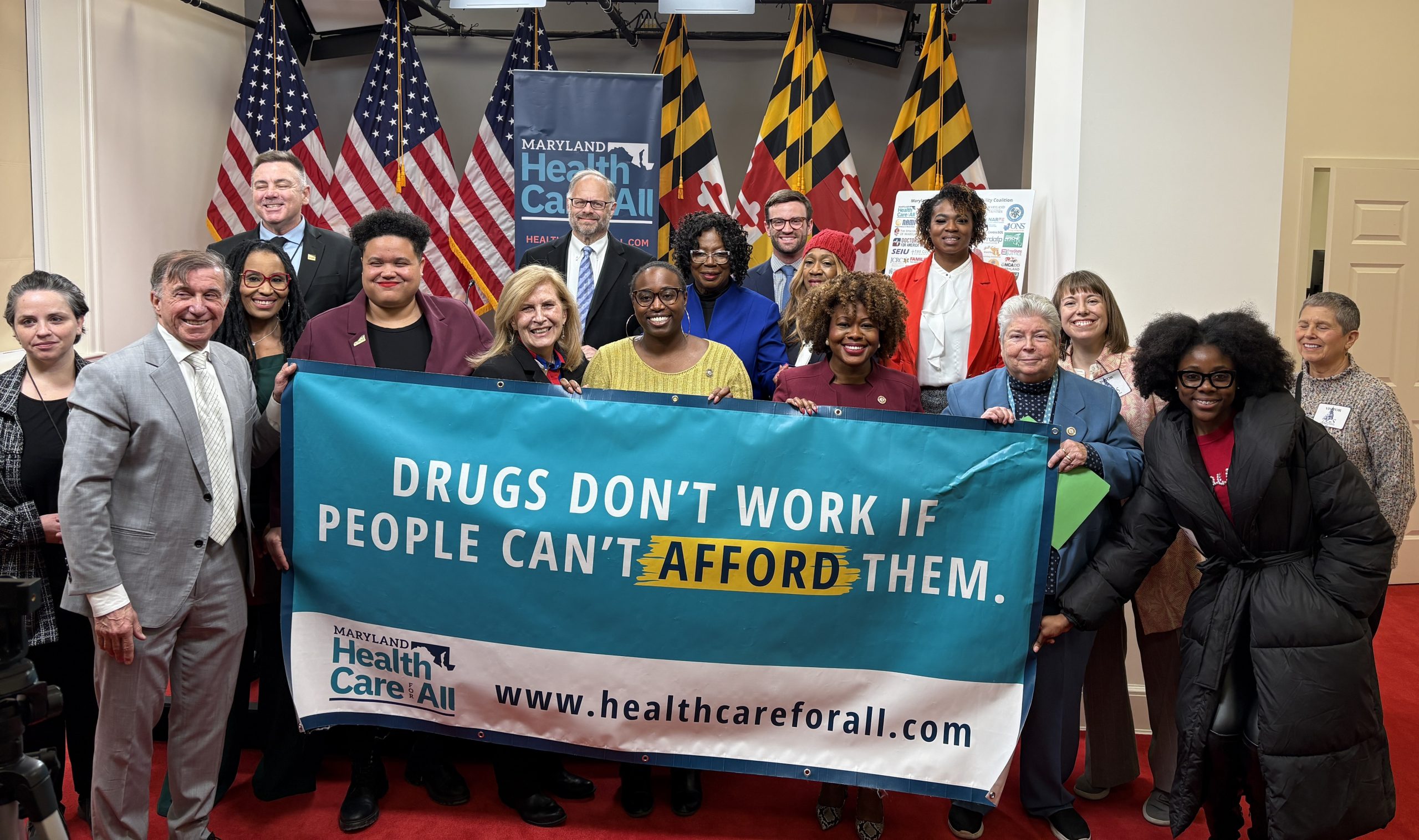From The News & Observer
By Brian Witte
March 27, 2017
ANNAPOLIS, MD.
A measure to create a Maryland board that could set limits on costs of expensive prescription drugs for state and local governments in the state passed the House of Delegates on Wednesday.
The House voted 98-40 for the bill, which has been described as a first-of-its-kind in the nation and a priority for Democrats, who control the Maryland General Assembly.
The measure, which now goes to the Senate, has been scaled back from an initial proposal, because the board will only have jurisdiction over how much state and local governments pay for expensive medications. The bill would create a five-member board with the authority to evaluate high-cost drugs paid by state and local governments.
A federal appeals court ruled last year that a bill Maryland lawmakers passed in 2017 to prevent pharmaceutical price gouging was unconstitutional. Del. Christopher Adams, an Eastern Shore Republican, questioned whether it was due to constitutional concerns that the bill was narrowed significantly from being a statewide bill affecting the entire state’s population of about 6 million people to legislation covering between 250,000 and 300,000 connected to state and local governments.
“I generally disagree that this is going to help the people that we’re aiming to help,” Adams said.
“The reason is that we wanted an opportunity to see how it would work, and what the impact would be, and knowing that we have as a governmental entity the ability to participate in the market and be able to create the upper payment limits or use the upper-payment limits in that market and save our employees money,” Cullison said.
Hank Greenberg, the Maryland director of the AARP, praised the bill’s passage.
“The skyrocketing costs of medication are passed along to everyone with health coverage through increased health care premiums, deductibles, and other forms of cost-sharing,” Greenberg said. “They are also driving larger cost increases for a variety of taxpayer-funded programs. That’s why seven county executives, (Baltimore) Mayor Catherine Pugh and the Maryland Association of Counties have joined the call for a Prescription Drug Affordability Board.”
Nick McGee, a spokesman for Pharmaceutical Research and Manufacturers of America, said the bill would create a new board of government appointees and give the panel arbitrary authority to set prices. He said that could lead to delays and other challenges for patients who need access to medicines like cancer treatments.
“The bill overlooks the reality that insurers and other middlemen determine what patients pay out of pocket and what treatments they can get,” McGee said. “At the same time, it provides no real certainty that any individual patient will actually pay less for their medicine. We hope the Senate will take a more balanced approach by looking across all actors in the health care system to bring forward solutions that help patients afford their medicines and ensure they are able to benefit from medical innovation.”



